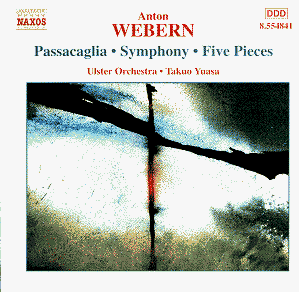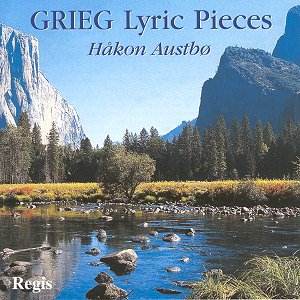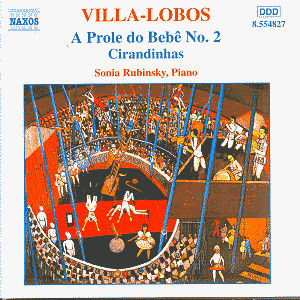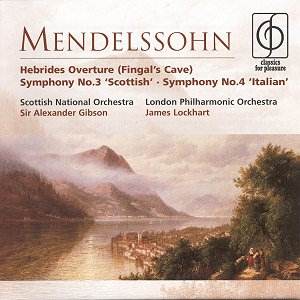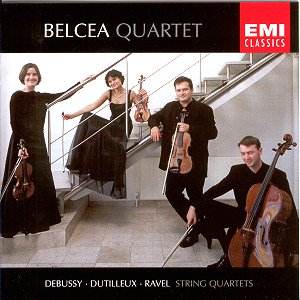 Composer: Claude Debussy, Henri Dutilleux, Maurice Ravel
Composer: Claude Debussy, Henri Dutilleux, Maurice Ravel
Works: String Quartet in G minor, Op. 10; Ainsi la nuit; String Quartet in F
Performers: Belcea String Quartet (Corina Belcea, Laura Samuel, violins; Krzysztof Chorzelski, viola; Alisdair Tait, cello)
Recording: Potton Hall, Suffolk, May 2000 [DDD]
Label: EMI
The Belcea Quartet’s recording of works by Debussy, Dutilleux, and Ravel encapsulates the essence of French chamber music within a historical context that highlights both innovation and lyrical beauty. Debussy’s String Quartet in G minor, Op. 10, premiered in 1893, represents a watershed moment in the evolution of the string quartet, departing from the classical heritage while embracing impressionistic aesthetics. Dutilleux’s Ainsi la nuit, composed between 1973 and 1976, reflects the complexities of post-war French music and its exploration of timbre, texture, and atmospheric depth. Ravel’s String Quartet in F, completed in 1903, stands as a testament to his mastery of form and color, drawing upon diverse influences while maintaining a distinctly French character.
The Belcea Quartet, formed in 1994, brings a youthful vigor and profound interpretative insight to these works. Their performance of Debussy’s quartet is marked by an effervescent buoyancy that captures the work’s inherent vitality. The opening movement is executed with a spring-like quality, where the musicians’ lively responses to the composer’s intricate ornaments reveal a deep understanding of the score’s rhythmic nuances. Particularly striking is the slow movement, where the quartet inhabits a realm of introspective desolation, deftly balancing emotional weight with lyrical fluidity. The pizzicati in the Scherzo, inspired by Javanese gamelan, radiate an exuberance that is both spirited and nuanced, showcasing the ensemble’s technical prowess and interpretative flair.
Transitioning to Ravel, the Belcea Quartet maintains a similar lightness of texture, allowing the music’s spontaneous feel to surface without sacrificing structural integrity. The first movement, often perceived as improvisatory, is executed with meticulous attention to detail, highlighting the quartet’s ability to navigate the delicate interplay between freedom and discipline. Their sensitivity to color is particularly evident in the second movement, where dynamic contrasts and harmonic shifts are handled with an elegance that enhances the movement’s lyrical qualities. The slow movement echoes the tenderness found in their Debussy interpretation, further underscoring their cohesive artistic vision.
Dutilleux’s Ainsi la nuit emerges as a pivotal moment on this recording, illustrating the quartet’s capacity to engage with contemporary repertoire alongside the established classics. The ensemble’s familiarity with the composer, having worked with him directly, infuses their interpretation with an authority that transcends their years. The elusive textures and intricate harmonies of this piece require not only technical precision but also a profound emotional engagement, both of which the Belcea Quartet delivers. The stasis and breath-taking stillness achieved at various points throughout the work speak to their profound immersion in Dutilleux’s sound world, aligning them with esteemed ensembles such as the Arditti Quartet.
This recording reflects the burgeoning talent of the Belcea Quartet as they navigate the complexities of their repertoire with remarkable ease. The engineering and sound quality from Potton Hall further enhance the listening experience, capturing the warmth and intimacy of the performance space. While competition is fierce, particularly with notable recordings from the Alban Berg Quartet and Quartetto Italiano, the Belcea Quartet’s interpretations set themselves apart through their fresh perspectives and emotional depth. Their commitment to the nuances of each work, coupled with their technical finesse, positions this disc as a significant contribution to the ongoing dialogue surrounding these masterpieces of the string quartet repertoire. An unreserved recommendation for anyone seeking both familiarity and exploration in the realm of chamber music.
